Gallery
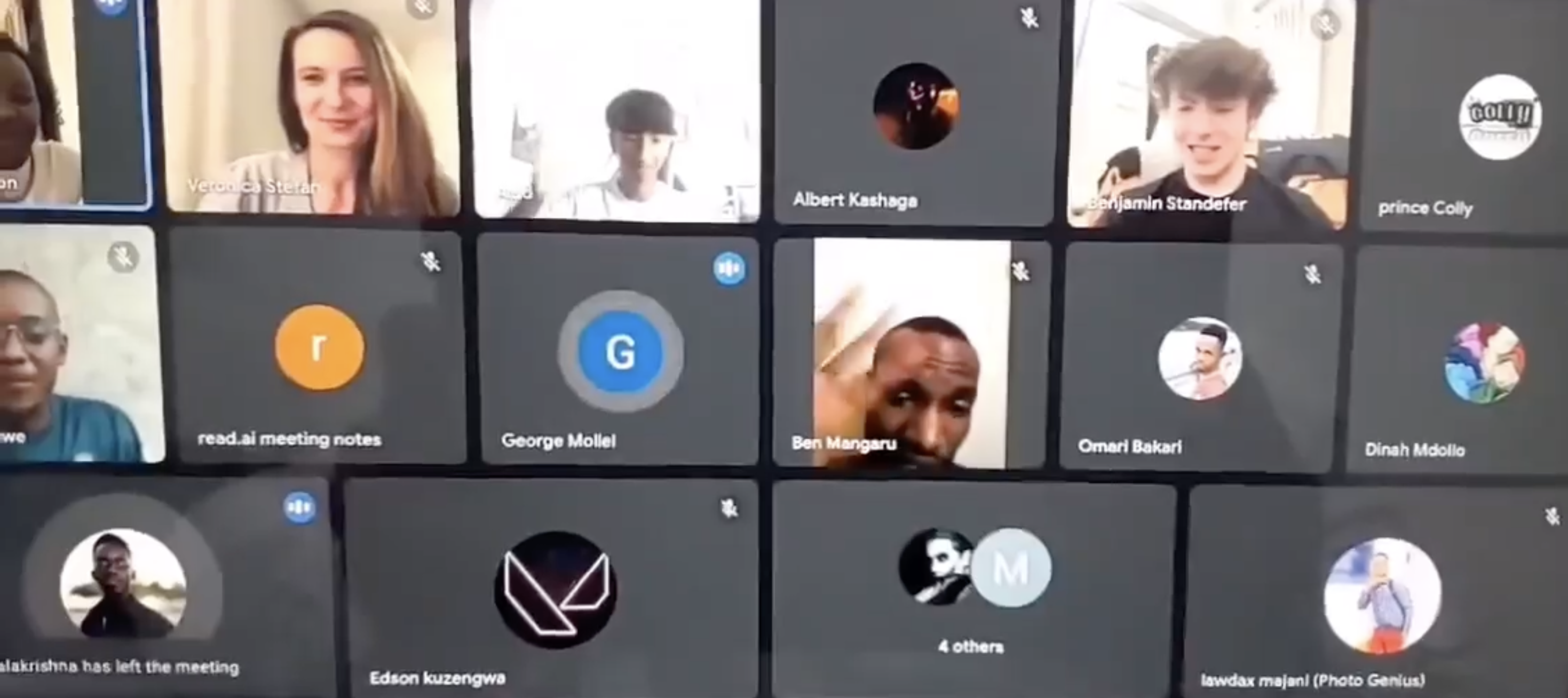
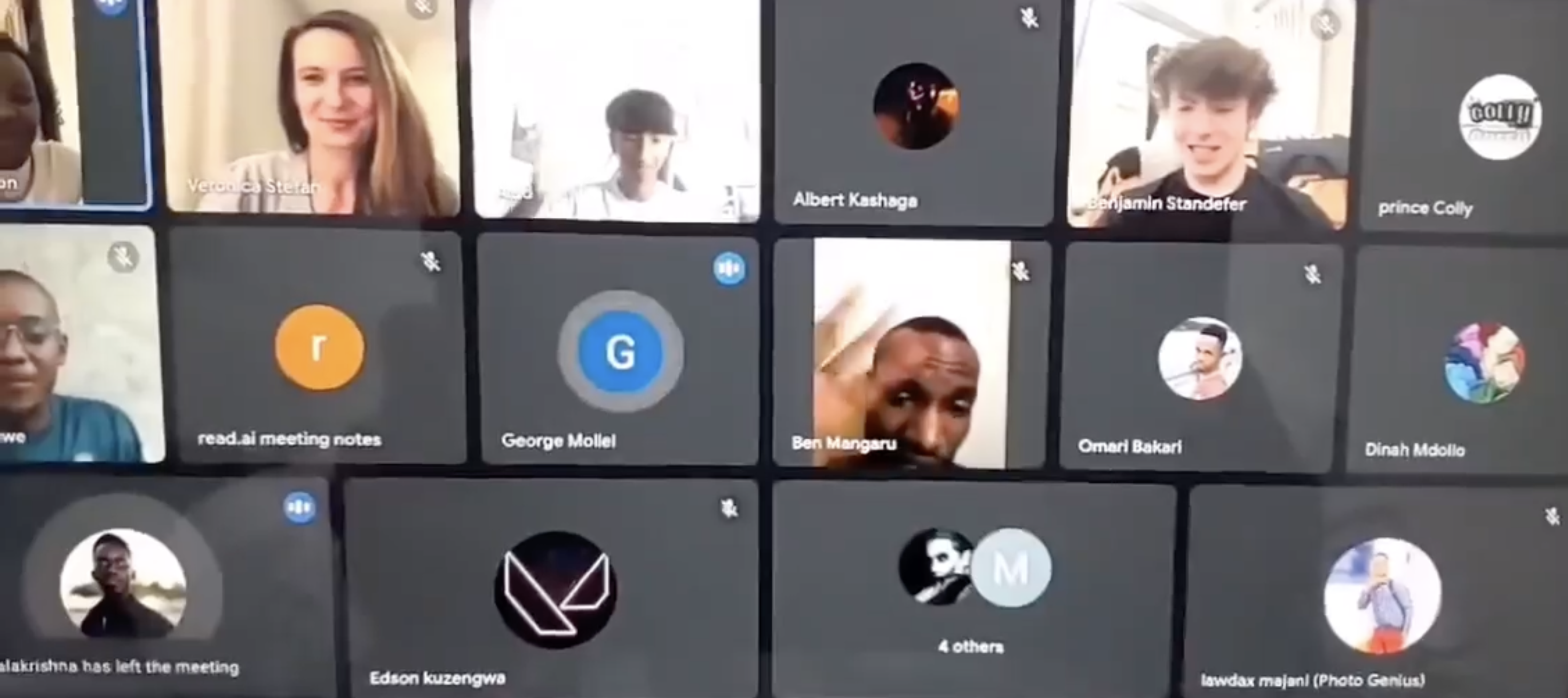
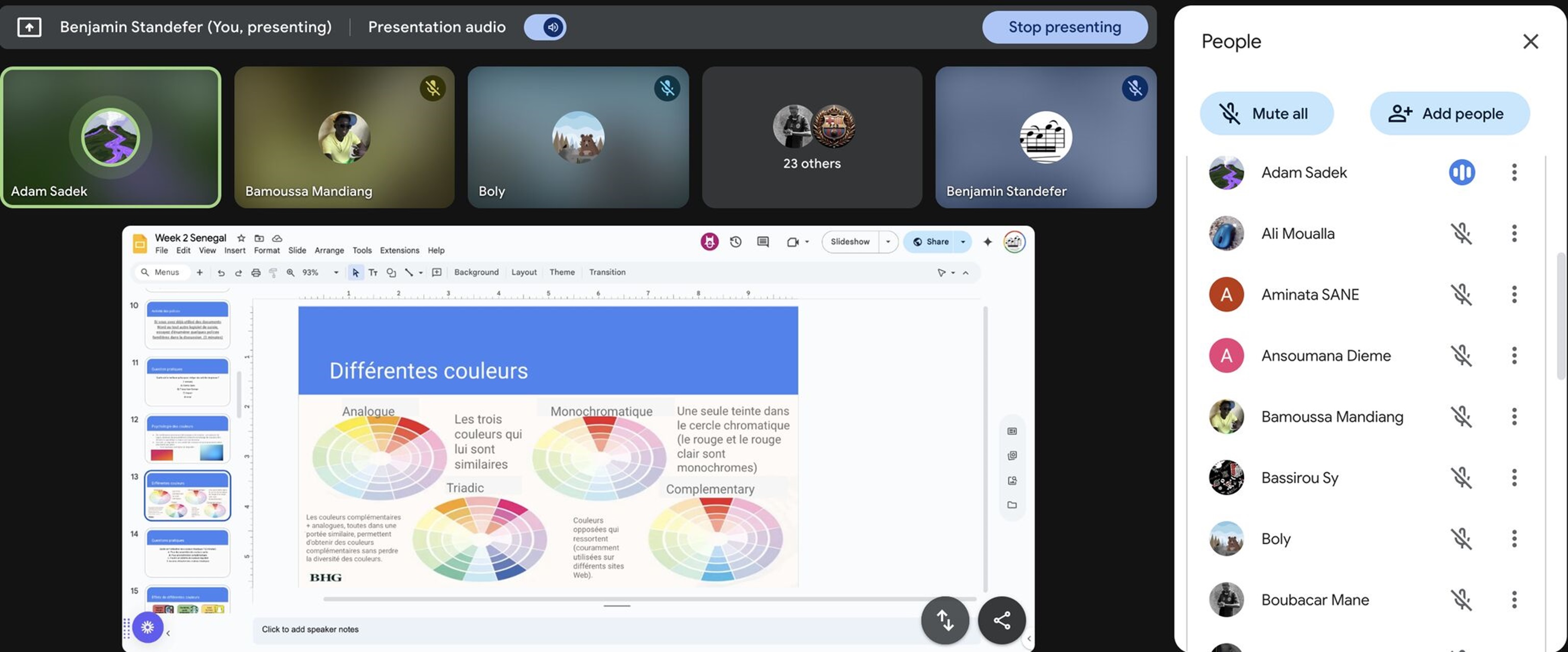
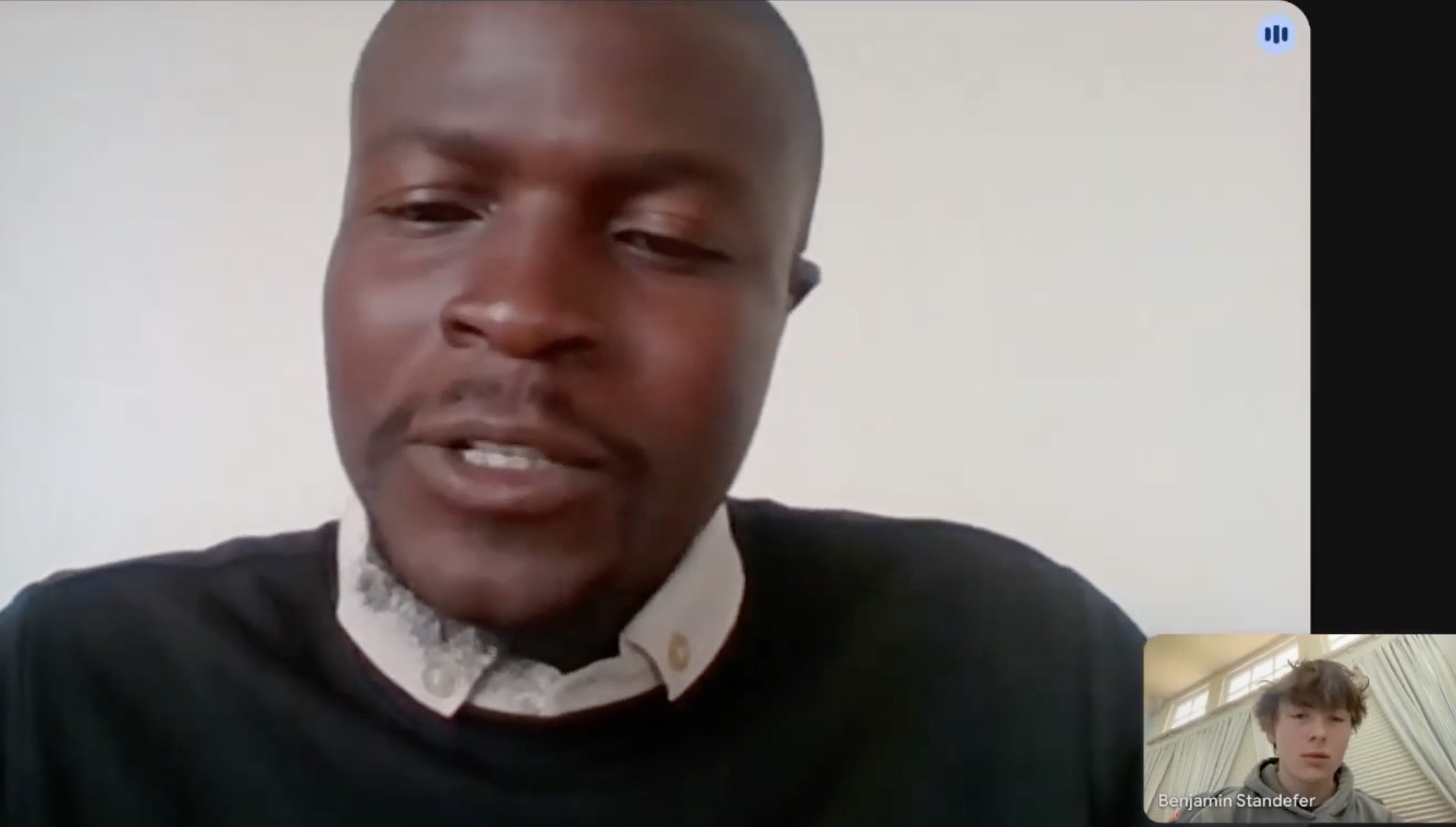
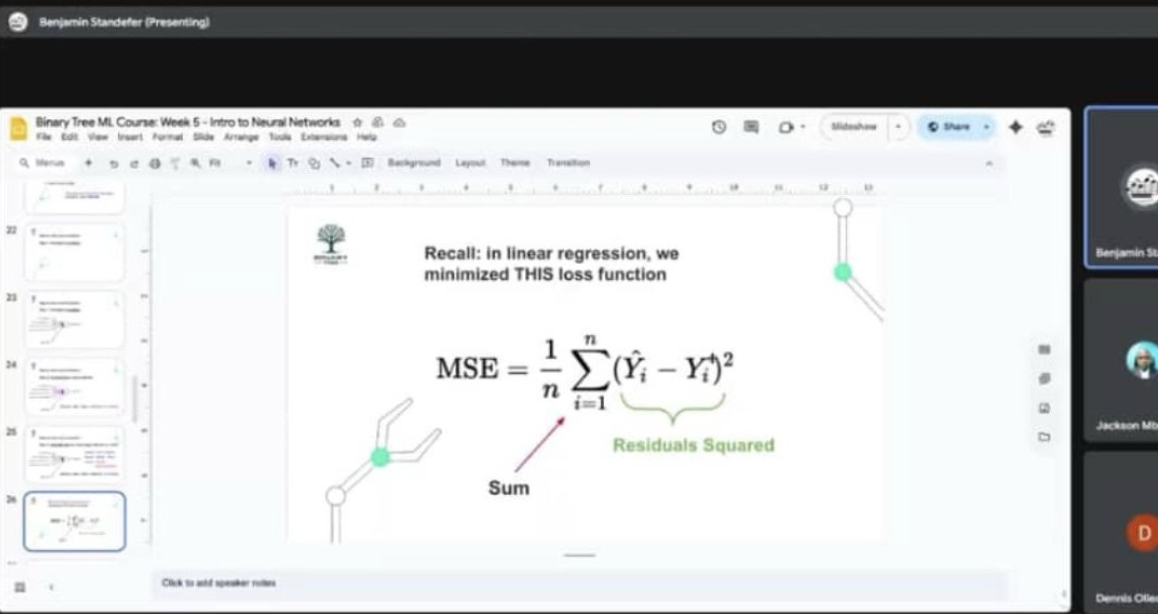
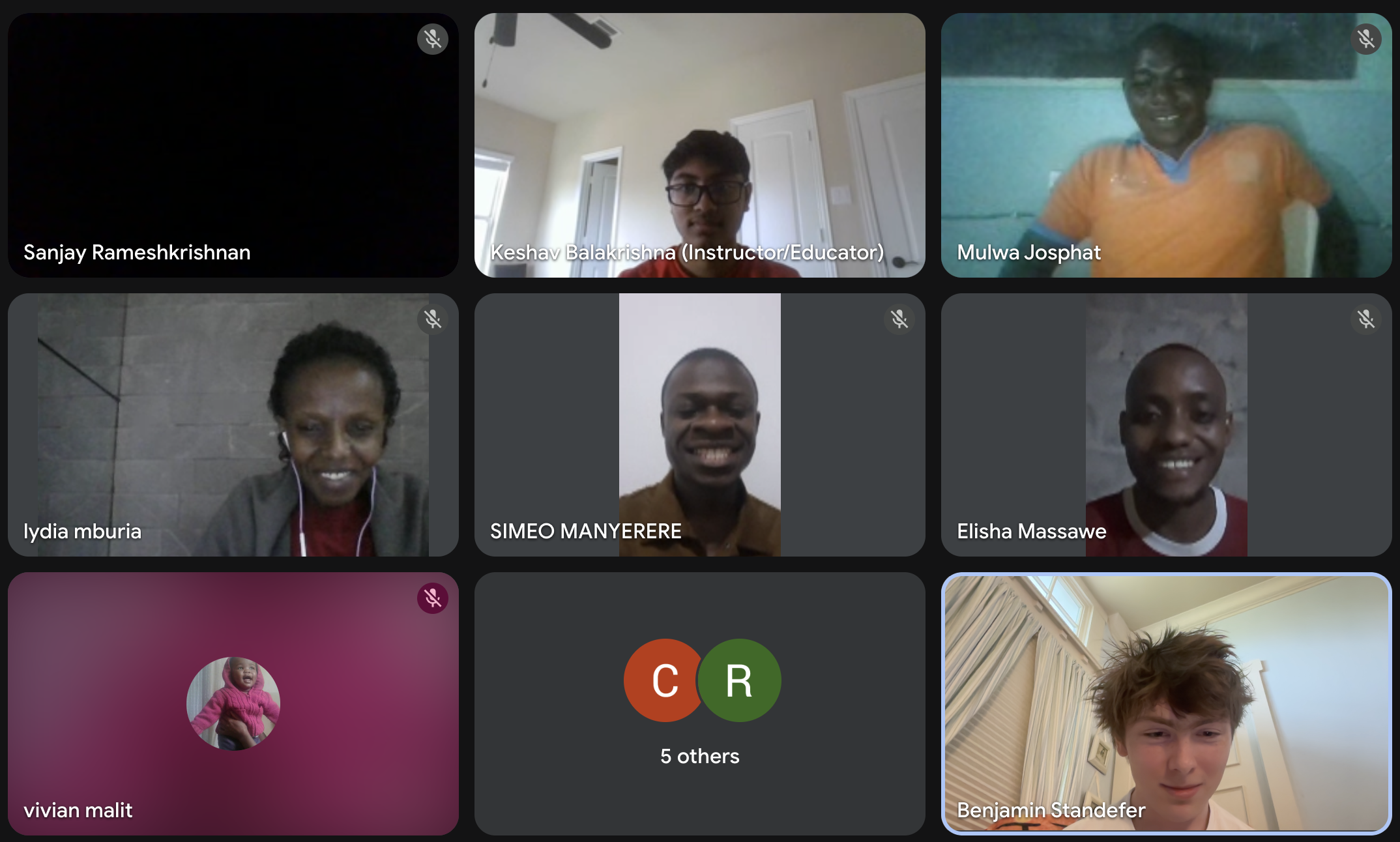
© 2025 BinaryTree. All rights reserved.
Many of you reading this likely know what a hackathon is. It is essentially a coding competition where participants, either individually or in teams, create an application or project in a short duration of time that gets judged by a panel on several criteria before a winner is decided. At Binary Tree, many of us have competed in hackathons in the past, winning and losing, but still having a fun time. Sure, these hackathons taught us about programming, but they also taught important skills like perseverance, creativity, and teamwork. These competitions often inspired us to push ourselves beyond our limits, and they inspired us to pay these lessons forward with a hackathon of our own.
Unfortunately, hackathons - these exciting opportunities to grow such important skills, both tech & human, and compete - aren't accessible to everyone. Major recent tech advancements, including AI, do not reach as many individuals as intended. This Digital Divide remains pervasive throughout the world, preventing people from getting the opportunities they deserve. An article by Data Reportal perfectly sums this problem: over 2.63 billion people do not have basic access to the internet. Many who do have internet, especially in developing countries, also have issues such as a lack of access to computers and education (especially in technology). As a consequence, there is a sharp dichotomy between the worlds many of you grew up in, especially if you are in a country such as the United States, and Africa. Every country we reach truly has the potential to grow and reach significant progress in education, as over 160 million people gained broadband internet access between 2019 and 2022, according to the World Bank. Many in Africa, as we met through our classes, are creative and have a strong passion & love to learn, but they often need proper guidance and materials.
At Binary Tree, we were fortunate to partner with organizations from countries spanning from Kenya to Uganda and provide the guidance & materials they need. When we conducted our hackathon, we were impressed by the submissions made by the participants, some even surpassing our own past projects. In particular, we were amazed by one project, titled mAccess Map, designed by two young Nigerians: using a combination of a front-end (based on React, Vite, and Tailwind) and AI & Blockchain technology, the duo created an inclusive community platform that allows under-represented voices to share and crowdsource accessibility data. With such a neat and professional web application, coupled with the power of advanced AI models such as Hugging Face, the project thoroughly impressed us. mAccess Map was a testament to what is achievable with the right blend of creativity, determination, and support.
Hackathons should be accessible to everyone, and it's especially important to provide more opportunities for those who lack resources and guidance. Across Senegal, Kenya, Tanzania, and Uganda, our 600 students have learned not only programming and digital literacy but also the power of applying these skills to real challenges. The world, after all, is shaped by those who take their knowledge beyond the classroom, turning concepts like variables, loops, print statements, and conditionals into solutions that make a difference.
Our goal with Hack4BT, our first-ever hackathon, was to encourage students to think creatively and tackle problems in new ways. mAccess Map is a perfect example of how digital skills, when applied with vision, can create real change, even impacting users at the national or international level. While our classes taught the fundamentals of languages like Python, the hackathon pushed students to experiment, collaborate, and discover their own potential. Projects like mAccess Map remind us that Africa's tech talent is boundless. By nurturing creativity, we hope to open doors for as many young, ambitious individuals as possible, helping them to build the skills and confidence they need to succeed in a tech-driven world. With each new project, the future looks a little brighter—and we're excited to be a part of that journey.
Reach out to volunteer, partner, or ask questions about our programs.